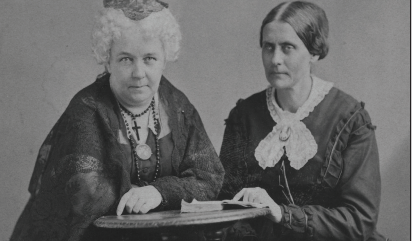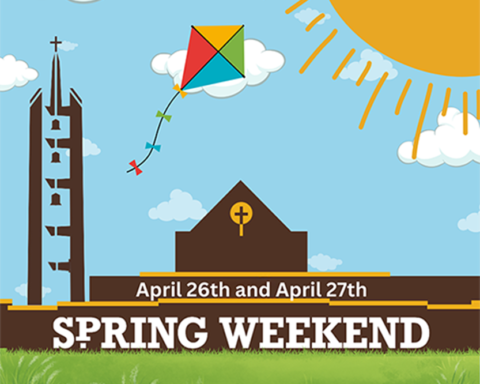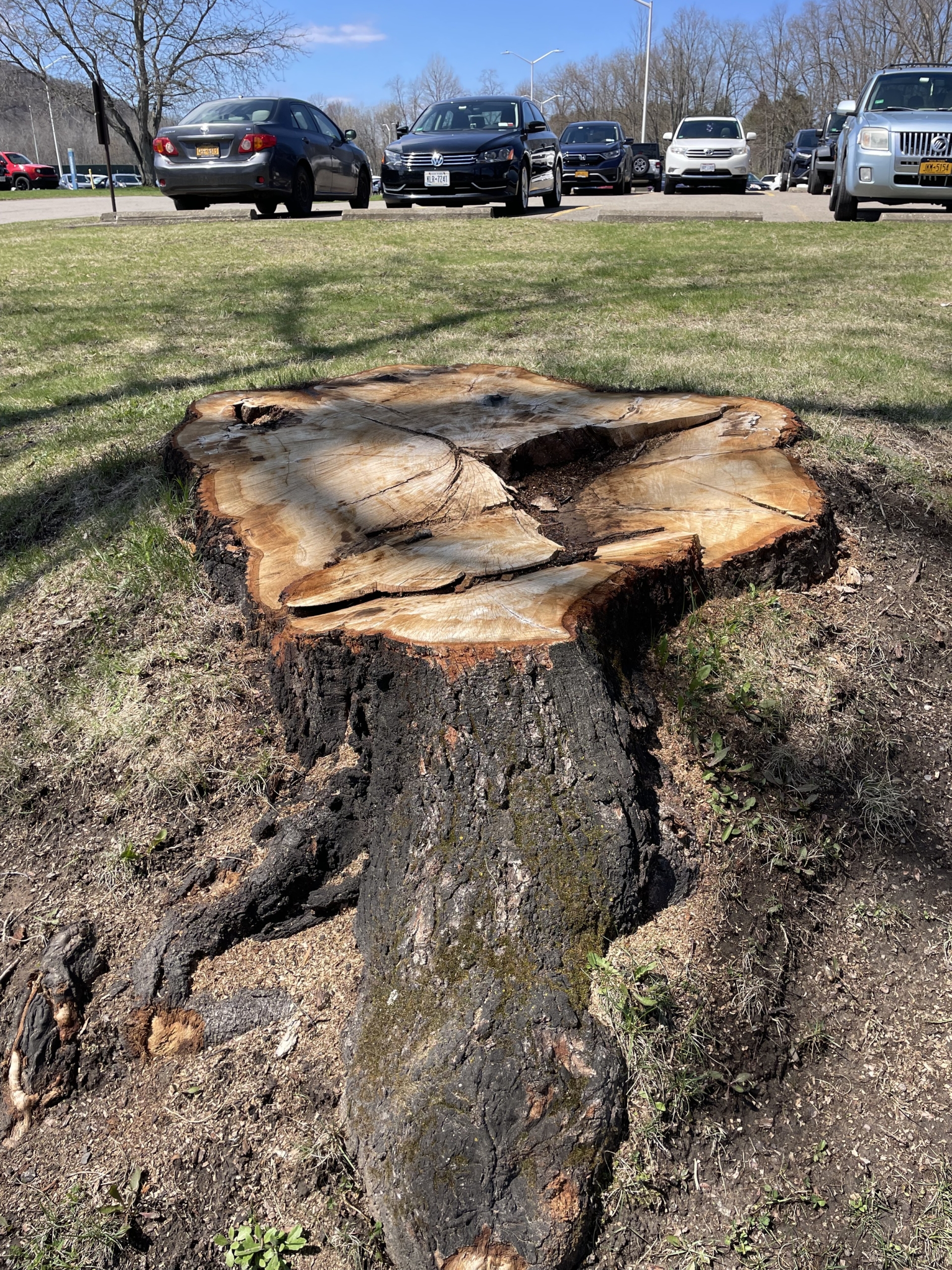By Lian Bunny
News Editor
Although historians are known for studying the past, St. Bonaventure history professors Dr. Maddalena Marinari and Dr. Phillip Payne returned from a series of workshops ready to plan for the department’s future.
The professors participated in the American Historical Association’s (AHA) Tuning Project for the History Major from Jan. 2 to Jan. 5 in New York City. Their mission was to answer the following questions: When students take a history class, what should they know? What should they be able to do after taking the class?
The AHA wants to standardize history as a major, so that every history student receives the same quality of education.
The AHA gathers faculty members from over 60 United States universities. According to Payne, The Tuning Project has been around since 2000 in Europe, as well as other parts of the world. However, the AHA is the first organization to specifically focus on the history major.
To apply for the conference, Marinari and Payne wrote a cover letter detailing why they wanted to attend. They were awarded a one-time grant totaling approximately $600 per person to cover travel expenses.
Once accepted to the project, faculty members remain a part of the AHA network allowing them to be in conversation with history professors nationwide on a daily basis. This gives them an outlet to talk about potential improvements, strategies and failures.
During this meeting in New York City, which included sessions and workshops on undergraduate teaching, Marinari and Payne chose to focus on making class objectives more explicit at St. Bonaventure.
For Payne, this means clearly defining terms in his classroom.
“For me, the first step is to make sure I take more care in explaining what I mean by historical thinking and the steps in the process to bring as much transparency to the process as possible,” Payne said. “There is some debate as to what historical thinking and skills are. I like the basic definition that historians identify a problem, formulate a question, collect data and propose an explanation. I’ve been revisiting assignments looking for ways to make them more transparent about this process.”
For Marinari, this means to update syllabi to dictate what each assignment is meant to teach.
“We just have to make it more explicit,” Marinari said. “[There is an] emphasis on skills. How do we foster students’ critical and analytical skills? We just have to say, ‘Guys, this is why we are doing this exercise. This is why you’re writing this paper.’”
History department faculty has already begun meeting to discuss these changes to the curriculum. They are considering additional course(s), a thesis (capstone) and requiring presentations.
The hope is that these changes will help the department adjust to the 21st century.
“History faces many of the same challenges as other humanities and social sciences in higher education today,” Payne said. “Where is our place at the table with so many emphasizing STEM (science, technology, engineering and math) careers? What marketable skills do our students have? What is the role of history in preparing citizens? On top of that there is the challenge of the digital revolution and information age. How will historians make use of social media?”
Marinari feels history teaches skills applicable to multiple fields.
“There is overwhelming evidence that employers increasingly don’t care about a specific degree, but they want people who can read well, write well and present well,” Marinari said. “These are things you have to do on a regular basis when you take a history class. At the base of a history class is to have an argument and support it, whether that’s in writing or orally. This is a skill that really everyone needs.”
To stay up to date, both professors plan to attend the conference in the future.
“We don’t want to change something and have this be the same thing for the next 50 years,” Marinari said. “We want to update it regularly, so that we can serve our students better.”
bunnyla13@bonaventure.edu




